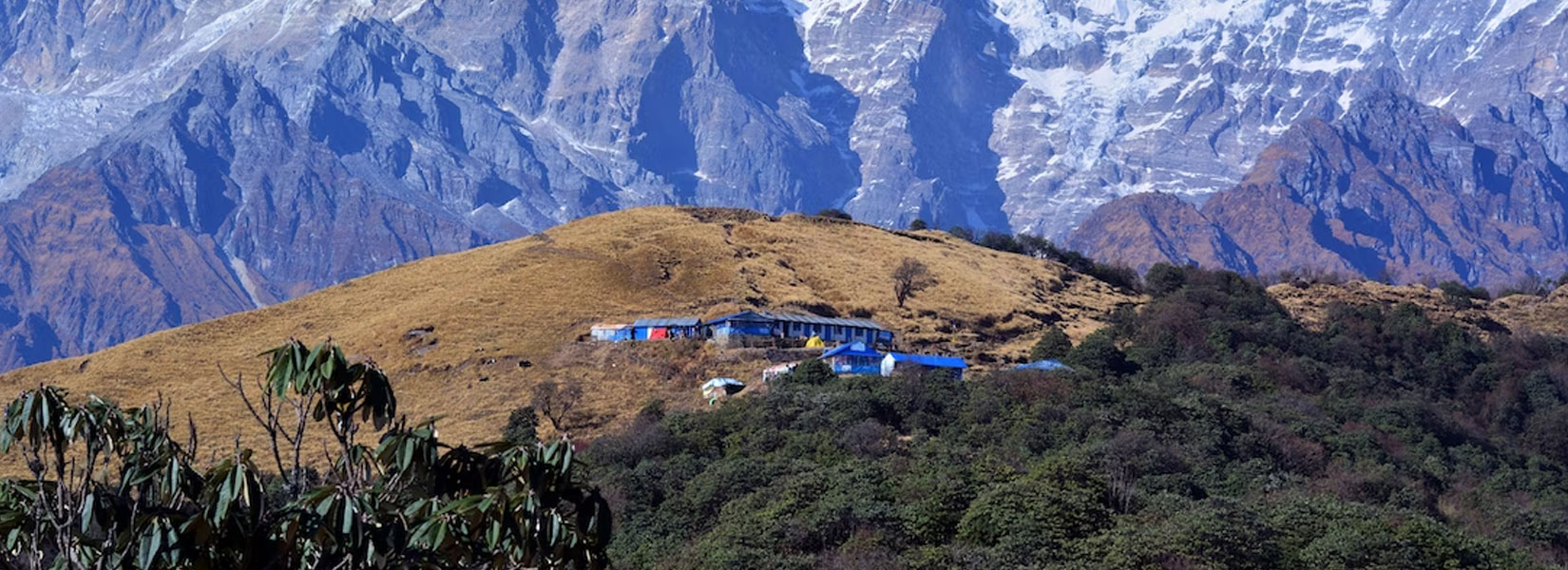Time to pack the bags and prepare for a trip to the mountains. You heard it, the Nepal Government has eased travel restrictions and resumed Visa on Arrival services for foreign passengers.
The service hadn’t been operating for the past two years due to the Covid 19 pandemic. But, the Government has now decided to reissue the visa for foreign travelers willing to visit the country.
Unlike before the pandemic, foreign nationals will have to meet certain pre-conditions before their arrival. They’ll have to provide proof of vaccination along with other visa-related documents.
Fully vaccinated travelers are allowed to travel Nepal without staying in a 14 days quarantine. Travelers must take a PCR test three days before(72 hours) the arrival and verify the negative result.
Non-vaccinated people are requested to avoid traveling to Nepal unless it’s essential. It’s done to limit the spread of coronavirus. If they travel, they’ll have to quarantine or be isolated to reduce the possibility of infection.
At the point of immigration entry, travelers must provide the following documents.
- Negative test result for coronavirus of at most 72 hours before taking the flight
- Proof of 14 days quarantine
- Proof of hotel booking
- Trekking permits for mountaineering
1. How safe is Nepal to travel right now?
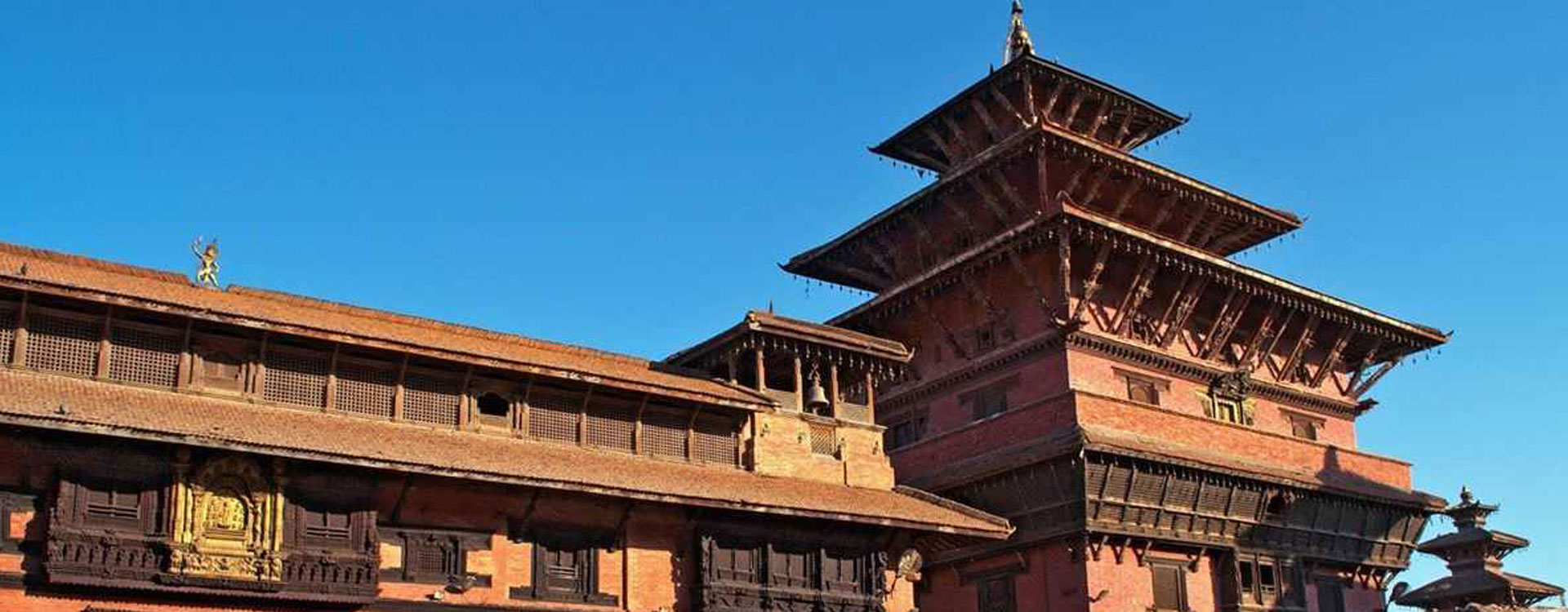
Nepal has always been one of the top trekking destinations in the world, with visitors flocking from all around. But, since the pandemic has hit the country, tourism here has been adversely affected. Massive cancellations of flights followed by a huge drop in hotel bookings led to widespread unemployment in the country.
Situations had only started to improve when the country witnessed a surge in infection numbers again from the Covid 19 variants. Nepal had to suffer a great loss after the second wave of coronavirus. But, with the improvement in vaccination status, things have improved.
Community transmission of the virus has decreased as people have taken all the safety measures to reduce the infection. It’s now safe to travel to Nepal as the number of confirmed cases is gradually declining.
Hospitalizations are mostly in unvaccinated people. Senior citizens and vulnerable people at a greater risk of severe outcomes of covid 19 have already been vaccinated. Those who’re unvaccinated are taking precautions by covering their face with the help of masks, social distancing, hand washing, and quarantining.
Regarding risk assessment, Nepal is currently listed at level 3 of Covid 19, which is somewhat high. Thus, unvaccinated travelers are recommended to avoid nonessential travel in this country.
2. Current Covid Situation and Vaccination condition

With rapid tests and vaccinations going on, the current covid situation in Nepal is slightly better than before. The new infection rate each day is below average, and hospital admissions have also been reduced.
The covid 19 curve has flattened in the last few months, but the cases haven’t fully deflated, and people are still at risk of getting the virus. As a result, people are following safety health measures by limiting travel to crowded places .
At present, the country reports 500-600 confirmed daily new cases of this infectious disease. The virus hasn’t raged like a wildfire at this point, and vaccination has also been provided to the citizens. Cases continue to decline nationally, and those with a high test positivity rate are also taking strict actions.
Since the upsurge of dominant variants spread among the population, concerned authorities have begun to respond quickly to covid-19. They have also encouraged the locals to get the covid-19 shots in an interim effort to minimize the infections and control the cases.
 They are adopting the standard health protocols, businesses both essential and non-essential, shops, and other services. People have been maintaining social distancing and following protective measures.
They are adopting the standard health protocols, businesses both essential and non-essential, shops, and other services. People have been maintaining social distancing and following protective measures.
In the initial days, the vaccine distribution in Nepal wasn’t as effective as it should be. There are no proper plans and the Government failed to act quickly enough to manage the spread of covid-19 variants. The Contract-tracing program was slow and ineffective, leading to the surge in the virus.
But, over the months, there has been some progress made in vaccine distribution. The current approach of the Government has proven to be relatively efficient as almost 15 million people have already received their first covid jab. In the follow-up, more than six and a half million people were vaccinated in Nepal.
In mid-February, Nepal Government approved the use of Sinopham’s Vero cell (BBIBP-CorV), provided by China under grant assistance. Among other vaccines provided to Nepalese citizens by the Government includes AstraZeneca ‘Covishield’ and Johnson & Johnson.
Essential workers at the age of 18 to 59 years have been vaccinated due to fear of the rapid increase in infection. As stated by the Health Ministry, more than three lakh people in Nepal have taken Chinese Sinopham jabs before the inoculation. The vaccine has prevented hospitalizations of people and unequal threats to the life of people.
3. The latest report on Covid 19 in Nepal
Since the past few weeks, Nepal has reported 500 to 600 daily new cases of covid 19 across the country. This number is significantly low compared to when the first wave of covid-19 hit the country or even during the spread of the second variant.
The positivity rate for covid has also declined significantly over the months; out of 10,000 PCR tests performed daily, about five hundred people have been reported to test positive for the covid-19. For the latest covid-report you can visit here.
The countrywide infection toll has also declined, eventually encouraging trekkers to plan their holiday in Nepal. Most citizens and even those under 20 years have received the initial doses of covid vaccine.
In the second dose vaccination campaign, around 370,000 people took the booster dose. Similarly, 438,000 people have received their first dose in April. The Government is in plans to import more vaccines from different countries. In fact, it has even placed orders of more than 2 million doses and an additional 5 million doses from the Serum Institute.
Travelers will have to get their last dose of covid-19 at least 14 days before entering Nepal. Those who haven’t yet got their vaccine or are partially vaccinated will not be issued an on-arrival visa. They’ll have to get the entry permits from Nepal diplomatic missions and also spend 10-days in quarantine in one of the government-listed hotels.
4. How many travelers have visited Nepal till now?
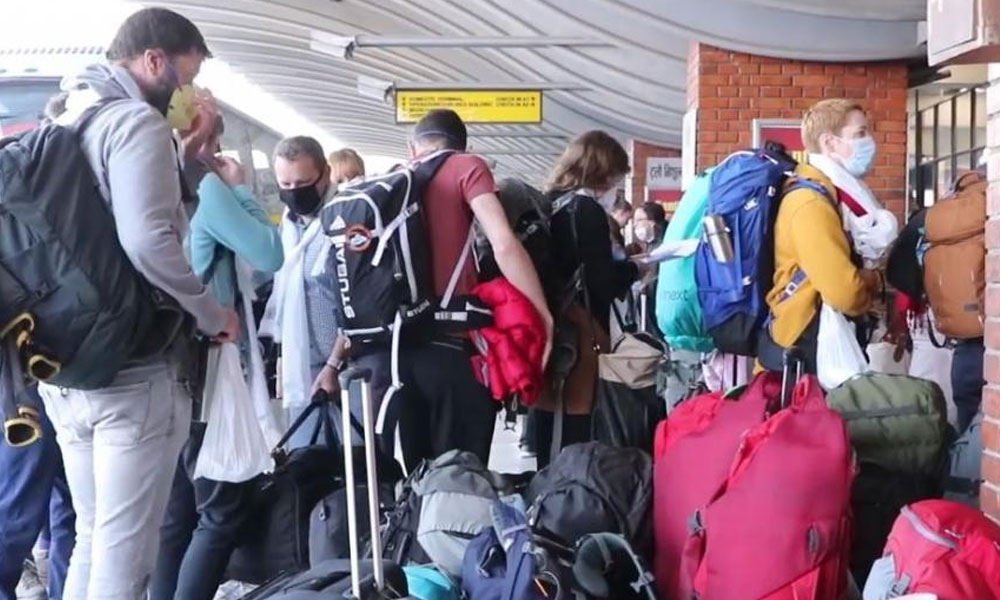
Nepal is once again set to reopen borders for tourists coming by air and land. There has been a tentative relaxation in the travel restrictions for visitors flying from different countries. In fact, the Government of Nepal has signaled a green light to the visitors who’re vaccinated.
They have even shrugged off the mandatory 7-day quarantine for the vaccinated travelers. As a result, more than 60,000 tourists have visited the country from January to August. With the decrease in covid cases, the number of tourists flying to the country has been increasing, which has further helped to boost the ailing tourism industry.
In 2021, the country welcomed almost four lakhs of people flying by air, of which three lakhs are male and the rest are female. After exploring the country’s historical places and adventure sites, travelers are flying back to the country. Once you are in Nepal, try to get the best travel experience.
Since the covid 19, about three and a half lakhs of people have departed the country. This time again, the male tourist has outnumbered female tourists with almost three lakhs of people leaving the country. Meanwhile, the number of female travelers flying out of Nepal is counted to be 70 thousand.
In an effort to prevent the covid variant outbreak, the country has, however, put certain limitations on travel. According to the new protocol issued, visitors will have to undergo compulsory antigen or rapid antigen tests at immigration entry points.
5. Regulations for Foreign Nationals Arriving in Nepal
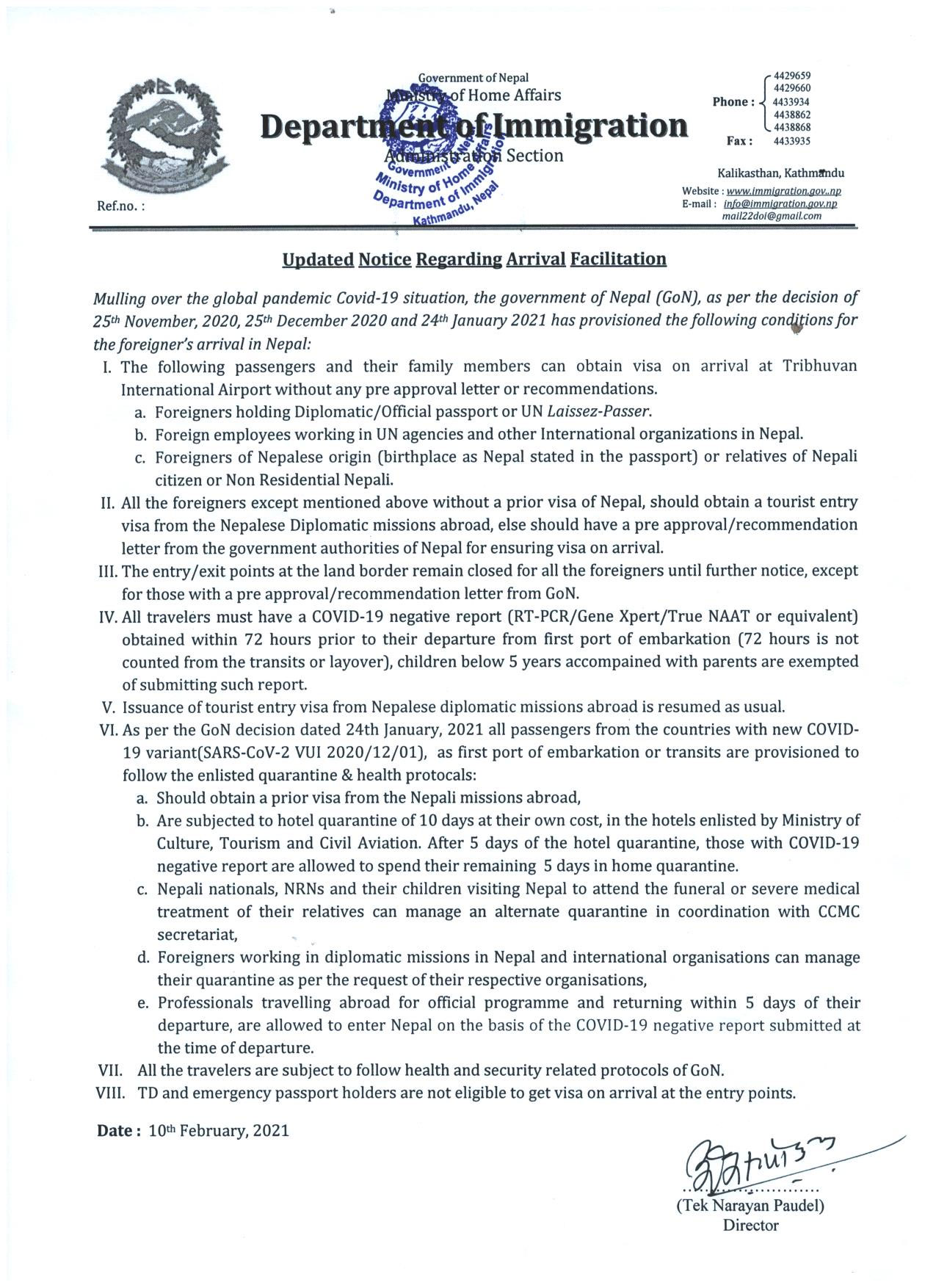
Nepal is open to travelers, including non-essentials from most of the foreign nations. But, as variants cause Covid 19 cases to increase, visitors are required to follow certain rules before and while in Nepal.
As mentioned in subsection 3, section 3, foreign nationals who haven’t yet received a double dose of covid vaccine will have to self-isolate for ten days at their own expense. Upon the quarantine release, visitors will have to take the PCR test to mitigate the risk of infection.
Countries of nationals will incur the traveler’s cost of the Covid 19 test, isolation, travel insurance, and other related costs. But, for travelers' convenience, we can help find them or arrange the hotels for self-quarantine.
All the foreign nationals visiting the country must take the PCR test before and after their arrival. They must also be vaccinated against Covid-19 to enter Nepal or test negative. The proof of vaccination must be shown to be eligible to travel the country.
Pre-travel testing is necessary, and self-quarantine is required if tested positive. The quarantine package must be booked before the passengers return from their native country.
Hotels designated for quarantine must ensure the guest follows all the safety protocols. Those who don’t abide by the rules will be charged by the Nepal Police and related authorities immediately.
Travelers from a country with a significant infection rate will have to quarantine for ten days in a managed quarantine hotel. Covid tests must then be taken even after the isolation to travel freely.
Those who test negative for the coronavirus can travel the country. But, wearing a mask over the nose and mouth is required in indoor public transportation areas.
You may also like:
6. What if I tested positive for Covid-19 ?
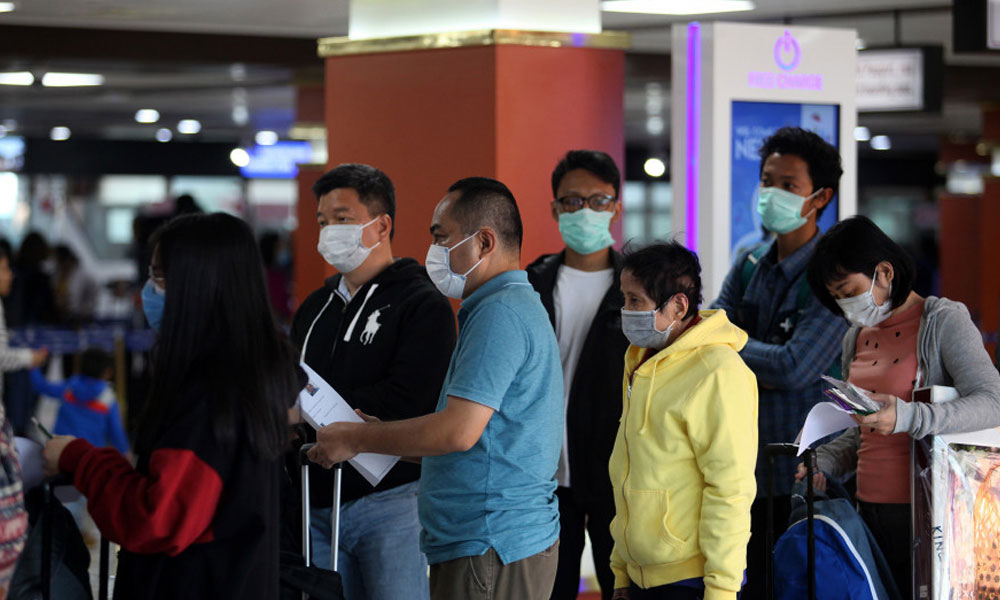
If you have any coronavirus symptoms, you should take a PCR test to prevent spreading the virus to others. If the test results are positive, you must stay in quarantine immediately. When you’re self-isolating, you shouldn’t leave the hotel for any reason unless it is to get the test done.
Infected people come in contact with other people or prepare food by themselves. Food, drinks, and medicine have to be brought by other people.
Travelers with weak immune systems must be admitted to the hospital or get medical help.
As with other illnesses, keep your fluid high by staying hydrated. Drink as much water as possible so your body recovers faster from the virus. Covid-19 patients must drink at least 2 liters of water daily, eat healthy food, and get enough sleep.
Covid-19 sufferers will likely experience high fever, coughing, fatigue, brain fog, and muscle aches. So, if the condition worsens or worsens, you need to consult your doctor and get the needed help.
If you aren’t vaccinated before the infection, get the vaccine now. Get the vaccine as soon as you can to reduce the effect of covid-19.
Non-Nepalese residents must avoid traveling on public transportation or crowded places with no air ventilation. This increases the risk of infection on a large scale. Fully vaccinated people will be able to travel the country more easily.
7. Measures to be taken by travelers returning from Nepal
International travelers returning to their homeland from Nepal must follow the mandatory safety guidelines to prevent the threat of covid-19. They’ll have to plan the return and take extra precautions.
Before returning to your native country, check the travel restrictions, stay-at-home orders, quarantining, and testing requirements. If needed, take the PCR test at least 72 hours before taking the flight and even after landing.
Stay safe on the plane, and don’t come in contact with way too many people. Wear a mask or keep your face covered constantly as it stops the virus from circulating. Before even getting on the plane, you’ll have to get through the check-in terminals and security lines, which causes you to be around many people.
This eventually increases the chances of travelers contracting the virus. So, maintain social distance as much as possible, wash your hands before and after using the mask, and use sanitizers to avoid infection.
Lastly, stay informed about the current travel plans and policies made by your country's government as it keeps changing. Travelers might face quarantine on their return to the homeland, so hotel bookings must be made as soon as possible.
A self-monitor for covid 19 symptoms has to be done. And if you develop any symptoms, get tested and isolate yourself. Follow all the national and local recommendations or requirements after travel. Stay home and self-quarantine for ten days even if you don’t want to take the test.
For information on visa processing, extending visas, and more, you can check the website of the Department of Immigration.

